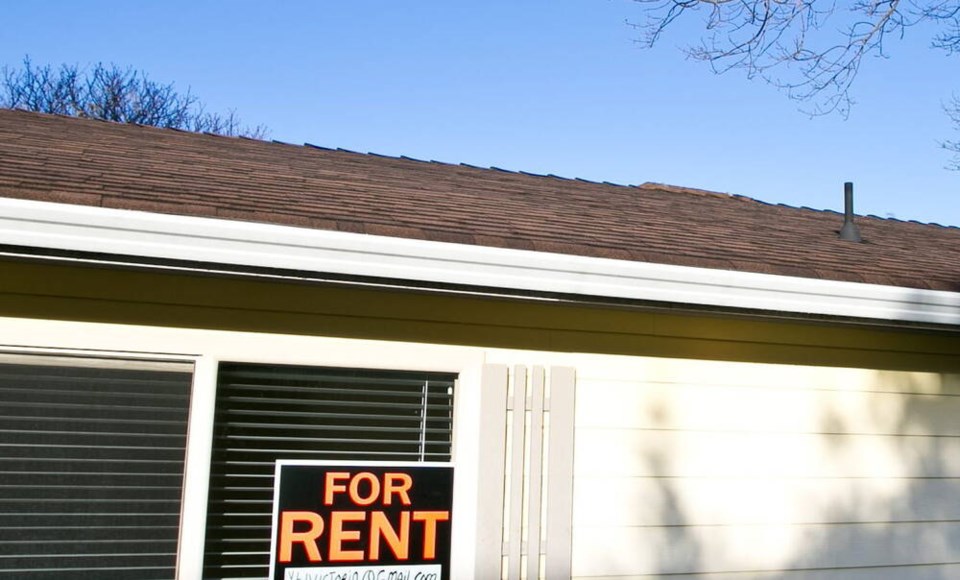It is important to offer a landlord’s perspective on the Sept. 12 online commentary, “A cap on rents is nice, but what happens between tenancies?”
The commentary painted a dismal and unrealistic picture of landlords, implying that collectively we will move to renovict our tenants and somehow vacancy controls would bring rental industy stability. What horsehockey!
The author fails to recognize that most landlords are mom-and-pop small businesses that are offering rentals as a service in the community. They are investing their hard-earned capital to purchase and offer properties to rent in the open market.
By restricting the returns as suggested, many more businesses would go into negative earnings forcing the sale of those properties and thus further reducing the rental pool. This fact was recognized by the Housing Task Force Report.
It similarly would dissuade new entrants into the rental market.
Vacancy controls are not the answer; we need more housing supply. In all this debate it seems there is resistance at all levels of government to provide financial incentives to private industry to invest to generate rental stock.
Financial incentives are given to the movie industry, big-box retailers, natural resource extraction projects, automotive manufacturing and so on, so why not the rental industry?
As incentives, I propose that municipal governments grant permissive tax exemptions to landlords to rent rooms or suites in their homes as is given to non-profits and churches in the community. A similar system is in place for ALR farmlands.
Treat us equally as stakeholders providing a service in the community instead of seeing us as an infinite municipal revenue stream. Case in point: In Victoria I pay nearly three times the taxes on my revenue property compared to my single-family dwelling neighbour, yet our properties are nearly identical.
Furthermore it is a policy change that could provide rapid results as no new buildings are required; we would instead be maximizing current unused capacity within existing housing. Just consider how beneficial that could be to meet student housing demand.
Given the current economic situation, I can certainly understand why so many families are exiting the rental market and simply selling off their holdings.
The advocacy of vacancy controls only serves to further undermine what little “stability” there is in the rental industry.
>>> To comment on this article, write a letter to the editor: [email protected]



